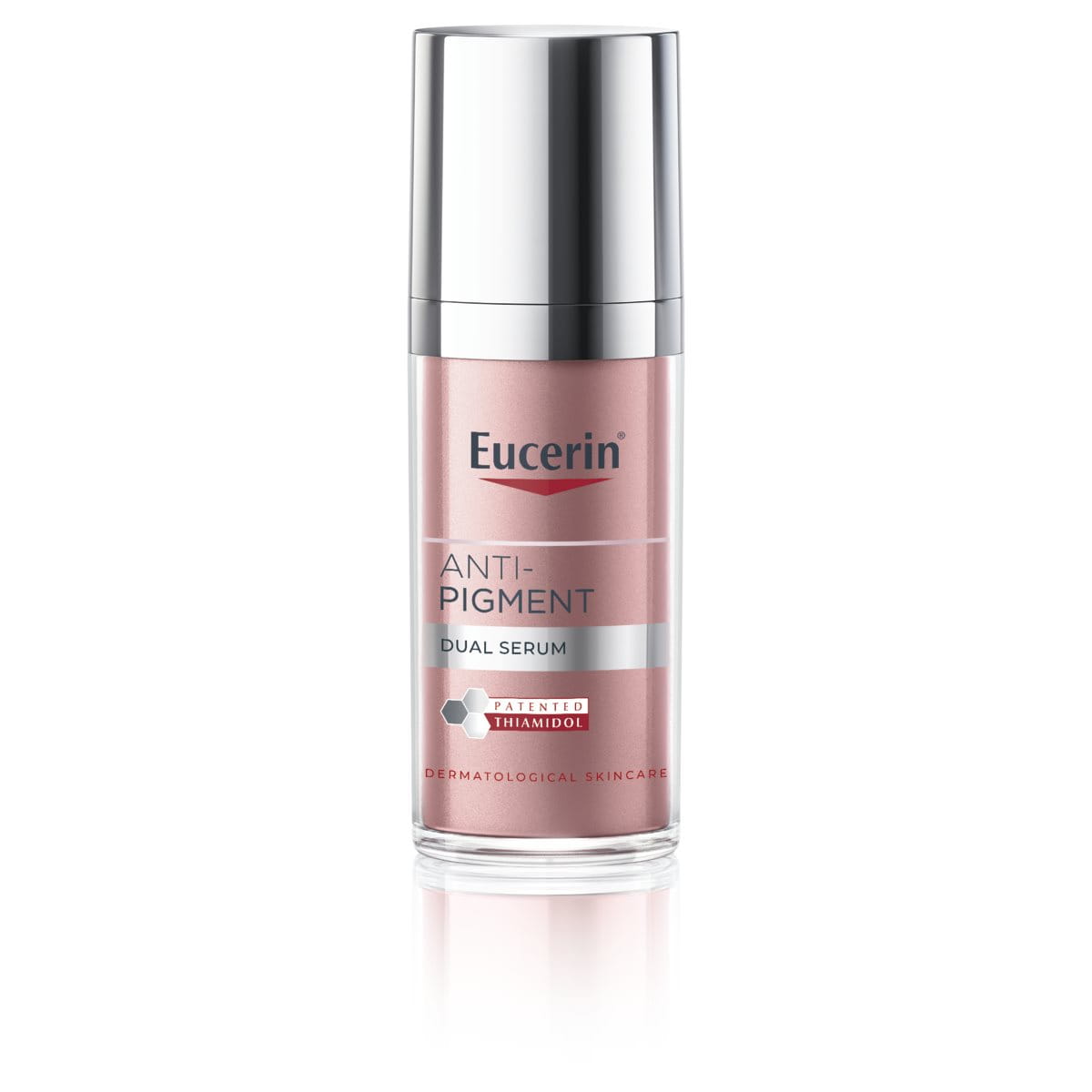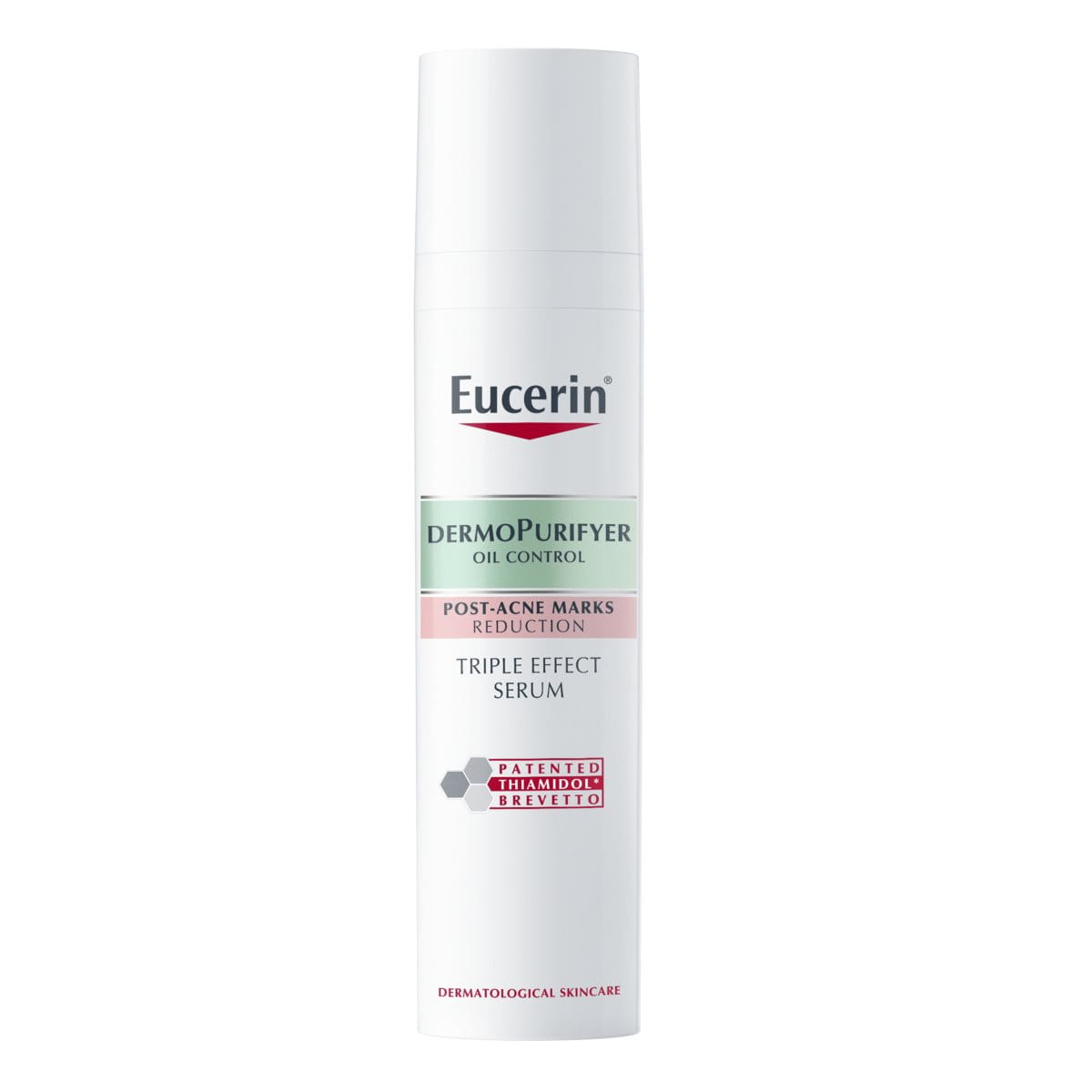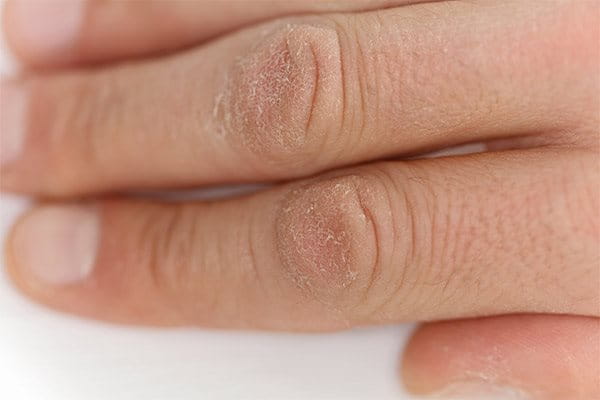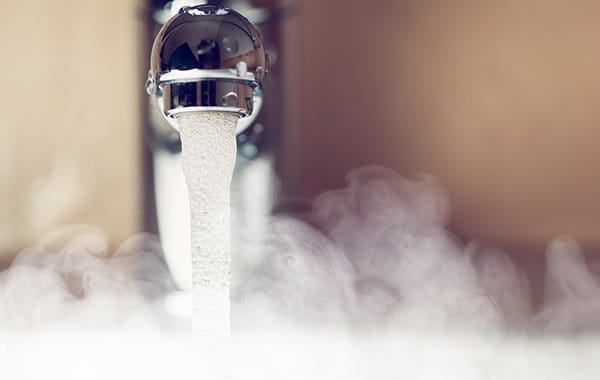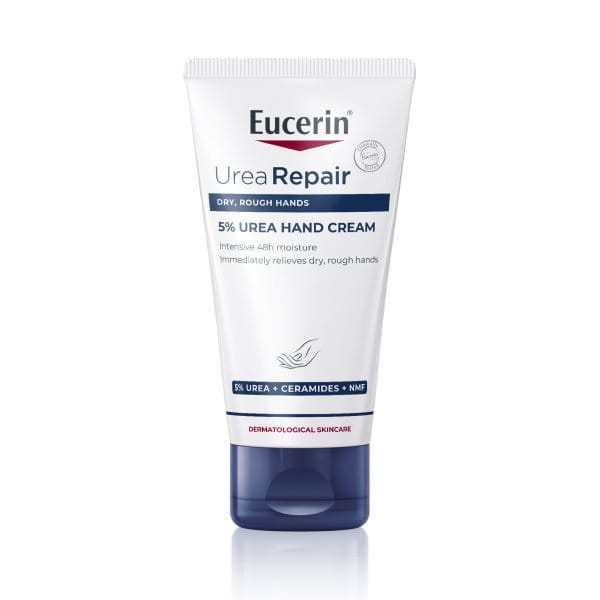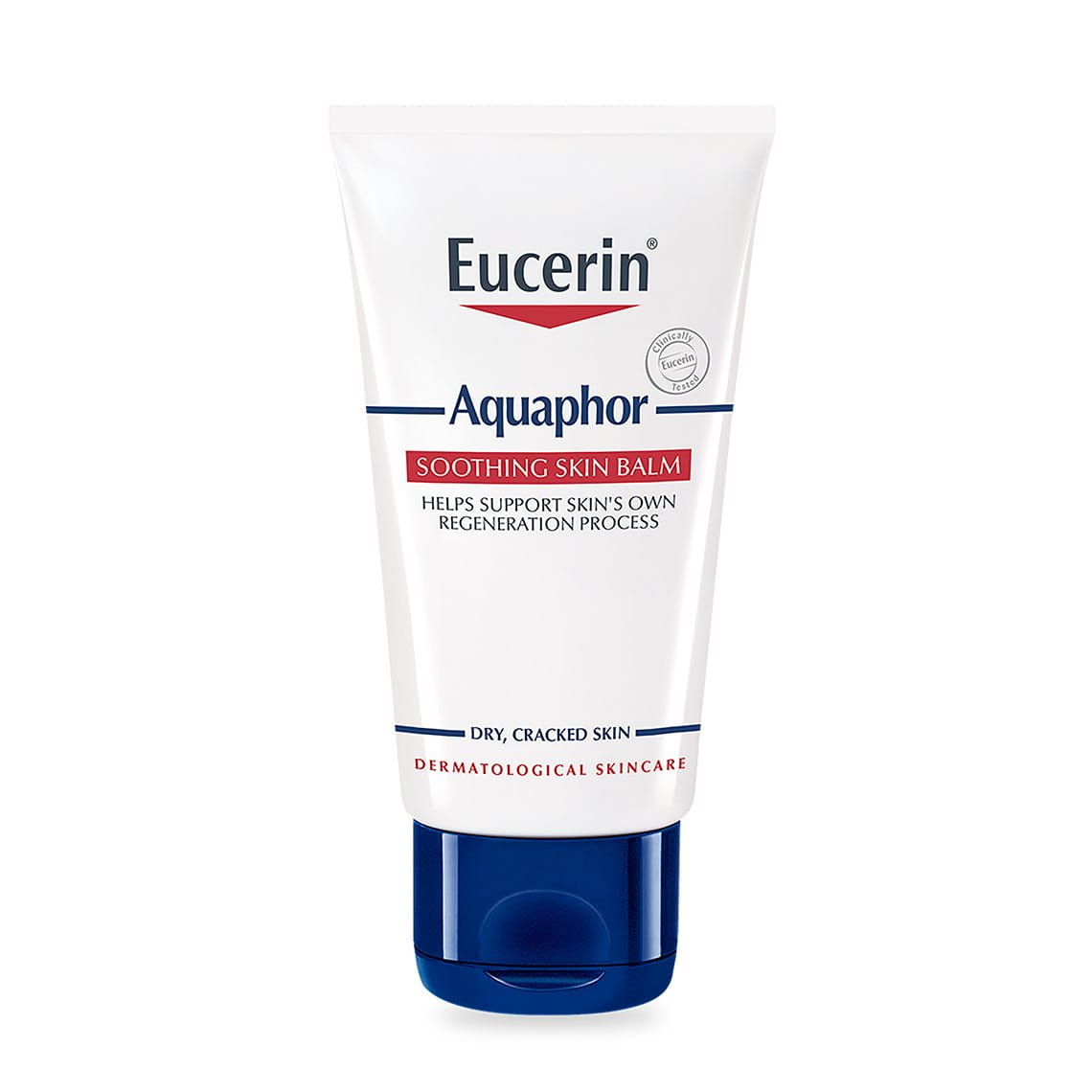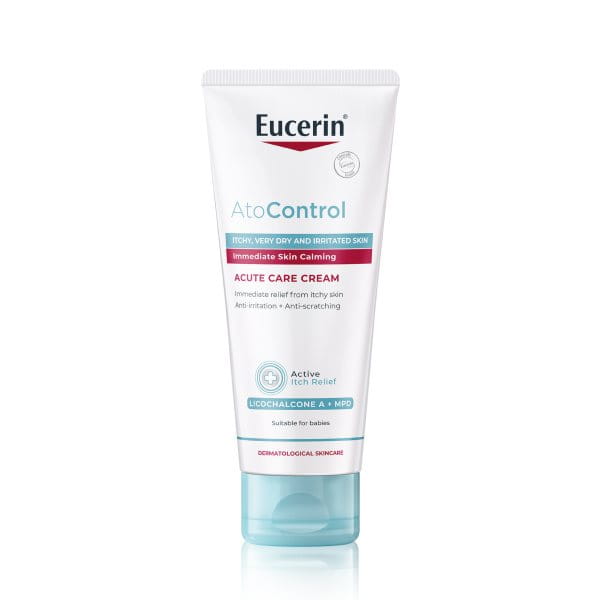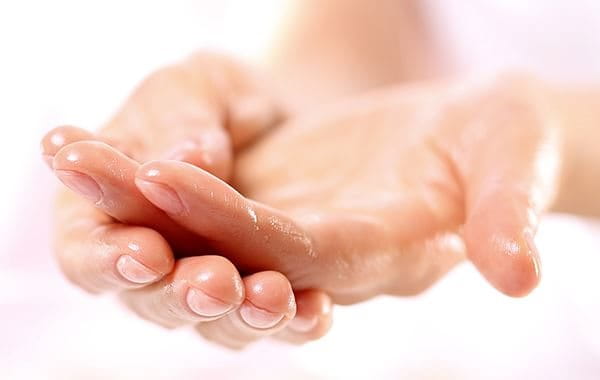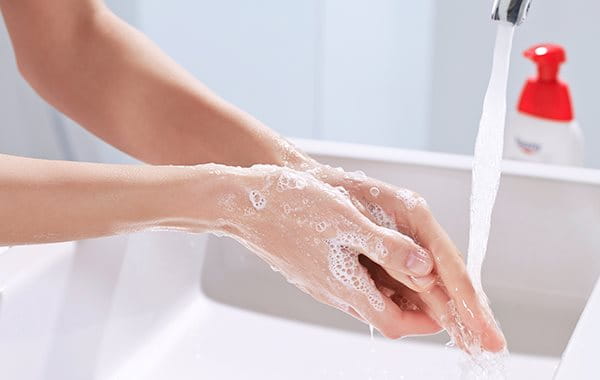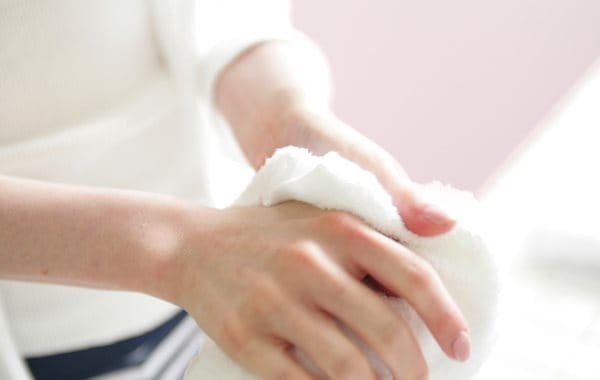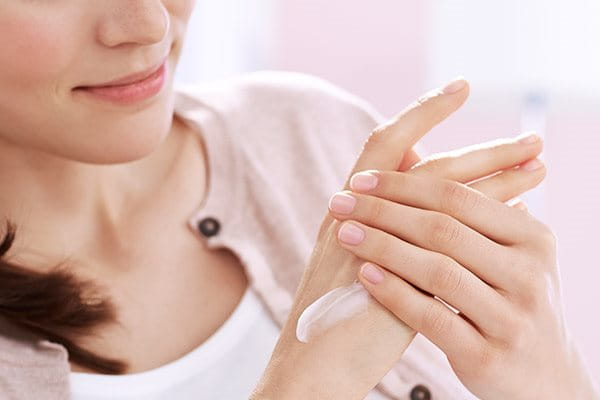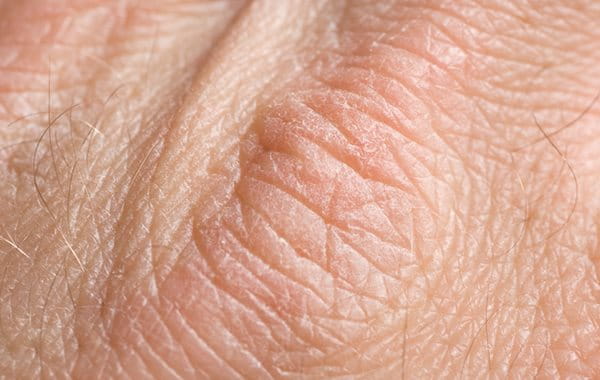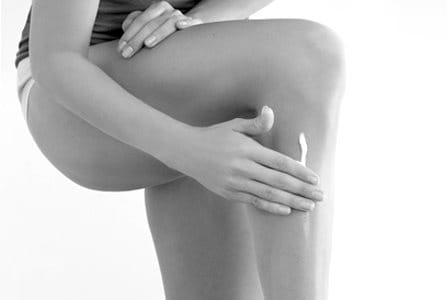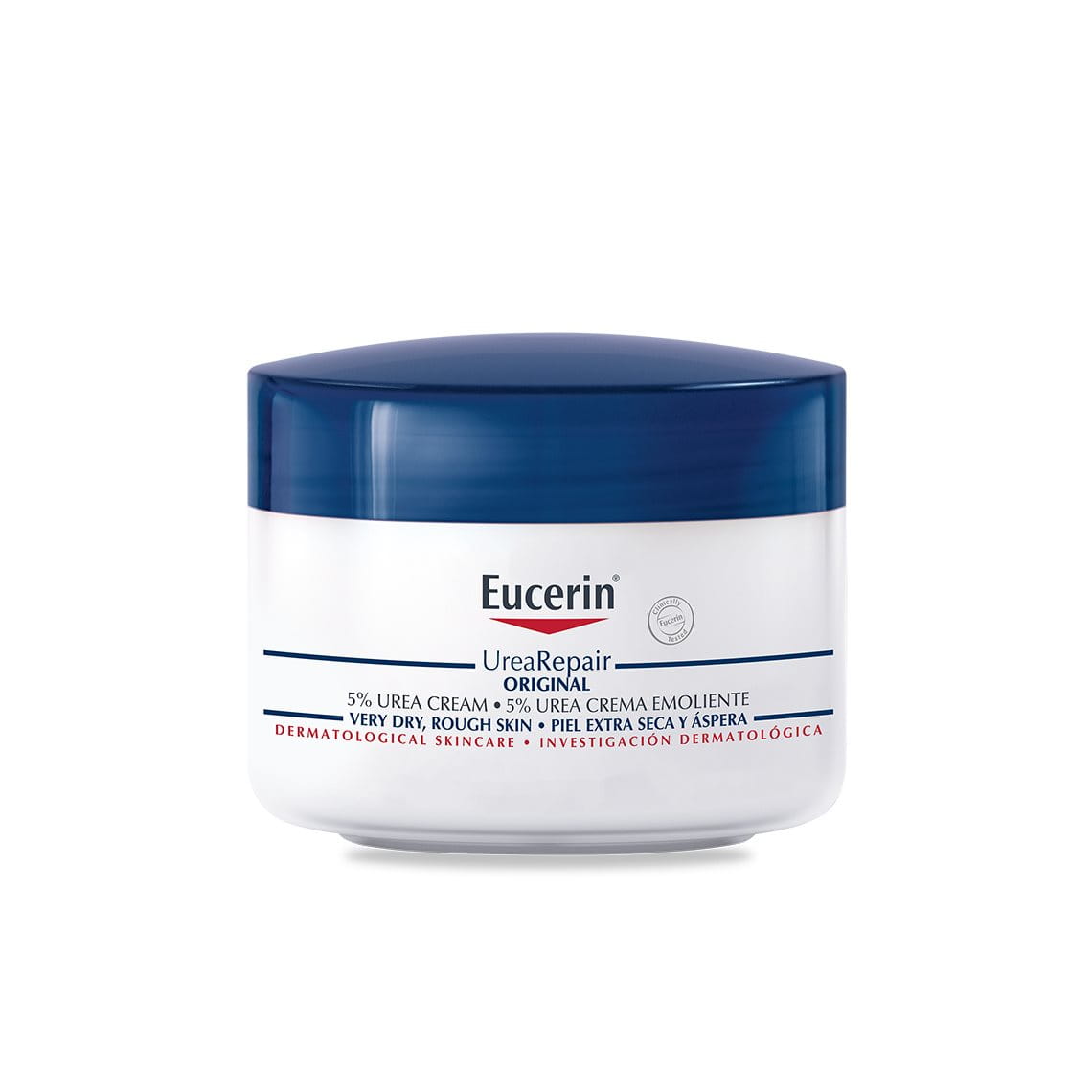Published: August 2018
Last Reviewed: October 2024
Dry skin on hands is common and normally is not harmful but it can be irritating, especially for extremely dry, cracked hands that may be itchy or chapped. In most cases, dry hands are caused by environmental factors such as weather conditions or exposure to chemicals which could dry your skin out. Washing your hands too much or more than normal can also cause sudden dry skin on the hands, but there are some medical conditions which can cause extremely dry hands too. In this article, we will outline the signs and symptoms of dry hands, potential causes and how to treat dry skin on the hands.
